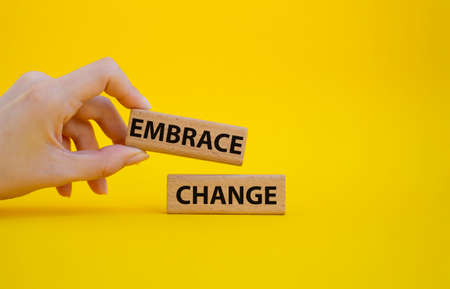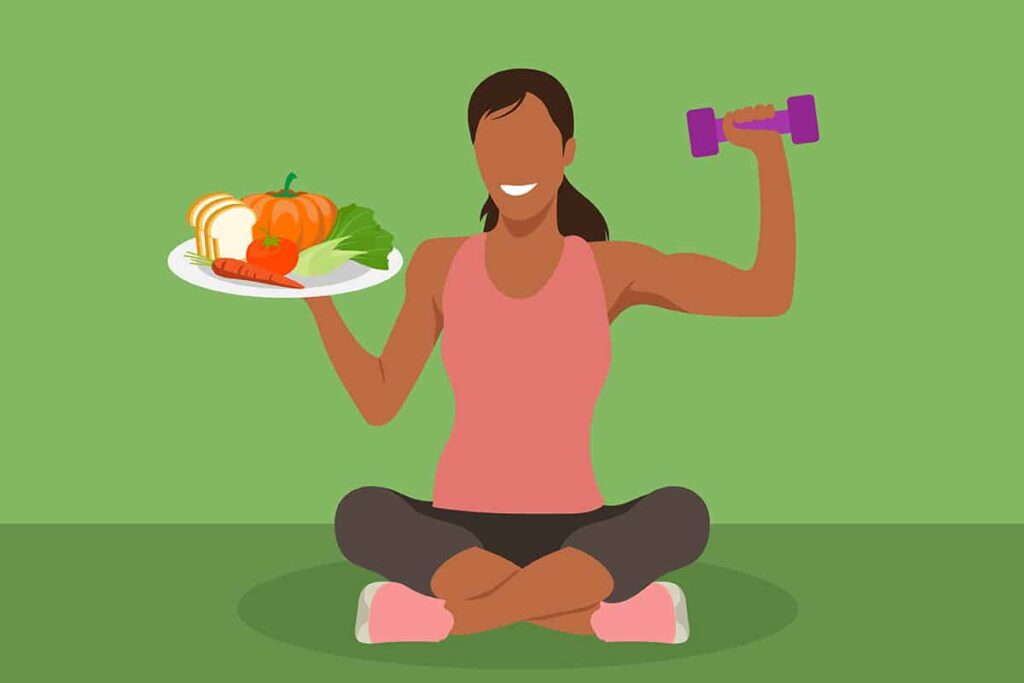Your relationship with your spouse, a vital bond in your life, fosters deep love and connection. It offers companionship to share experiences and serves as a platform for personal growth. However, disruptions, such as bad habits and unhealthy beliefs, occasionally interfere. This Is What Harms Married People’s Happiness The Most, Therapists Says.

Comparing your relationship to other people’s
Humans have a natural desire to compare themselves to others. This propensity for comparison might occasionally serve as inspiration. But much too frequently, it becomes the joy-stealer. Continually comparing your marriage to those of others “can be dangerous to the health of the overall relationship,” Los Angeles marriage and family therapist Abigail Makepeace told HuffPost.
Makepeace claimed that while some comparisons could make you feel uplifted, overall, comparing typically results in a negative self-view. Since it is impossible to know all that goes on in another person’s marriage, people frequently compare their own daily interactions with one another to the highlights of the other marriage’s social media or other highlight reel. Giving out that much authority before knowing all the information is dangerous.
“Instead of focusing on outward comparisons, spend time reflecting on how much you’ve grown as a couple or the difficulties you’ve overcome.”
– ABIGAIL MAKEPEACE, MARRIAGE AND FAMILY THERAPIST
“Instead of focusing on outward comparisons, spend time reflecting on how much you’ve grown as a couple or the difficulties you’ve overcome,” she said. “This shift of thinking can lift your overall mood and challenge you to connect more deeply with your spouse.” When you feel yourself falling into the comparison trap, identify what’s lacking in your own relationship and think about ways to take some positive action in this area.
The Impact of Having Kids
According to research, it often takes a while for people’s marital satisfaction to fully recover after having children, especially during the first year of a child’s life. Children can infuse a couple’s lives with profound love and joy, but they can also surely add new stressors.
According to Nicole Saunders, a certified clinical social worker at Therapy Charlotte in North Carolina, “many married couples share a common focus on the ultimate goal of building a family, yet often overlook the profound impact that having and raising children can have on their marriage.” It’s not unusual for couples to be able to pinpoint the beginning of their disconnection to the arrival of their first kid. Given the extra duties and the limited time, money, and sleep resources that accompany having children, Saunders said it is logical — and typical — for the addition of children to strain a marriage.
Nurturing Marital Bonds Through Dedicated Time Allocation
She suggests establishing a common commitment to set aside some time for your relationship in order to combat this.
This can be done as simply as setting aside 15 minutes in the morning for coffee and giving priority to excellent, phone-free bedtime moments for hugs and talk. Place intimacy above parenting responsibilities.

Embracing Change
It’s a common misconception that the person you married on your wedding day will still be your spouse after five, ten, or even fifty years. Many of the clients Lauren Bailey works with at the Expansive Group in Chicago are struggling to accept a significant shift in their partner’s life, whether it is a change in their partner’s employment, sexual orientation, or gender.
When we hold our partners or ourselves hostage and do not allow change, we do so at the expense of our individual and collective happiness.
Give yourself and your spouse the room to develop that you both require.
Bailey advised, “Create the kind of safe haven where they can bring back what they learn about themselves, and encourage your partner to do the same for you. If the exploration makes you nervous, make sure you have a safe location to express them without hindering your partner’s or partners’ exploration.
Regular Check-Ins
Marriage can easily devolve into two ships passing in the night, with each partner being so consumed with their own concerns, fears, and distractions that they seldom ever share a genuine moment. But it has a way of separating you when you fail to monitor each other’s emotional pulse on a nearly daily basis.
Therapists Narang suggest spending 15 to 20 minutes each night talking about the events of the day and, more importantly, getting into the “emotional impact of those events — e.g. joy, stress, fear or sadness — on each partner.” Ask questions so you can really understand where your partner is coming from.
“When we feel known by our partner, we are getting the closeness we need, and so we are spontaneously more likely to protect our couple,” Narang said.

Prioritizing Self-Care
You’re probably aware with the example of the airline oxygen mask: you have to put your own mask on before you can assist others. Saunders claimed that this kind of thinking also applies to marriage. If you’re continually putting other people’s wants ahead of your own, you can’t be a great partner.
It becomes difficult to be your best self in the relationship if you continually put your own goals on the back burner, despise your body, and disrespect your emotional wellbeing, according to Saunders. “Setting aside time each day for self-care fosters self-assurance, a cheerful outlook, and general well-being. The dynamic of the connection is immediately enhanced by everyday infusion of this energy.
Blaming Your Partner
Makepeace frequently works with clients who feel that their partner’s behavior or inactivity is to blame for their own unhappiness as a marriage and family therapist.
However unintentionally, she added, “spouses can use their partner as a scapegoat for their own failings or channel the disappointment in their lives into anger toward them.”
She admitted that sometimes her partners’ conduct had a significant impact on her. We can only control our own behavior, just like in all other interactions.
Keep in mind that everyone of us is accountable for our own happiness. By changing your perspective, you can reduce emotions of rage and unhappiness and give the couple members more motivation to work toward their own joy, according to Makepeace.

Seeking Help and Support
One of the biggest threats to happiness in long-term relationships is the belief that you and your partner “can get through your whole lives just relying on each other, especially in times of turmoil in the relationship,” Bailey said.
It’s a show of strength — not weakness — to lean on others for emotional support when you need it.
Get a therapist can sound like self-serving advice coming from a therapist, but trust and think that your relational counselor is also receiving treatment and discussing their relationships, according to Bailey. Everyone is not an island.




